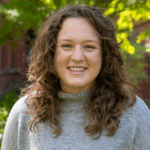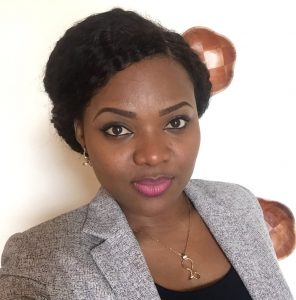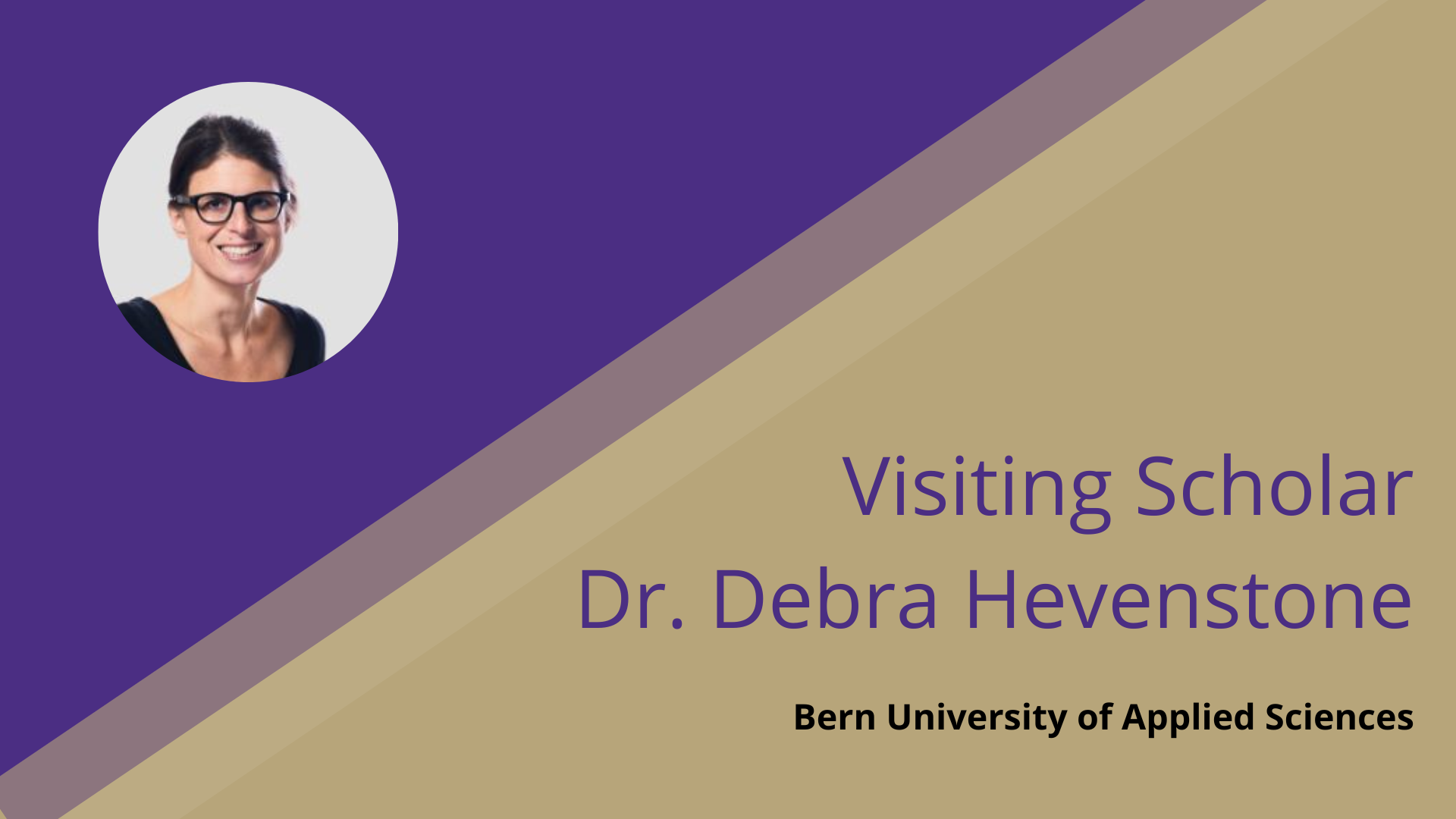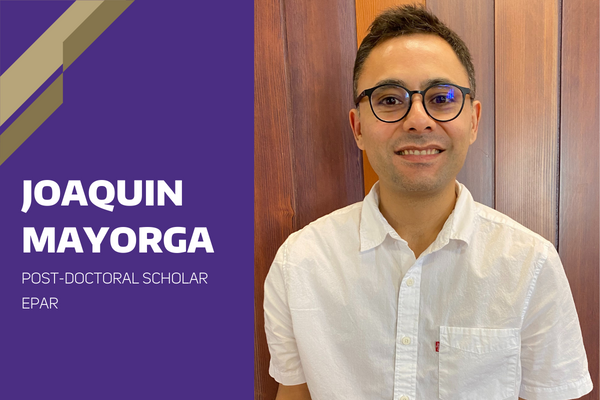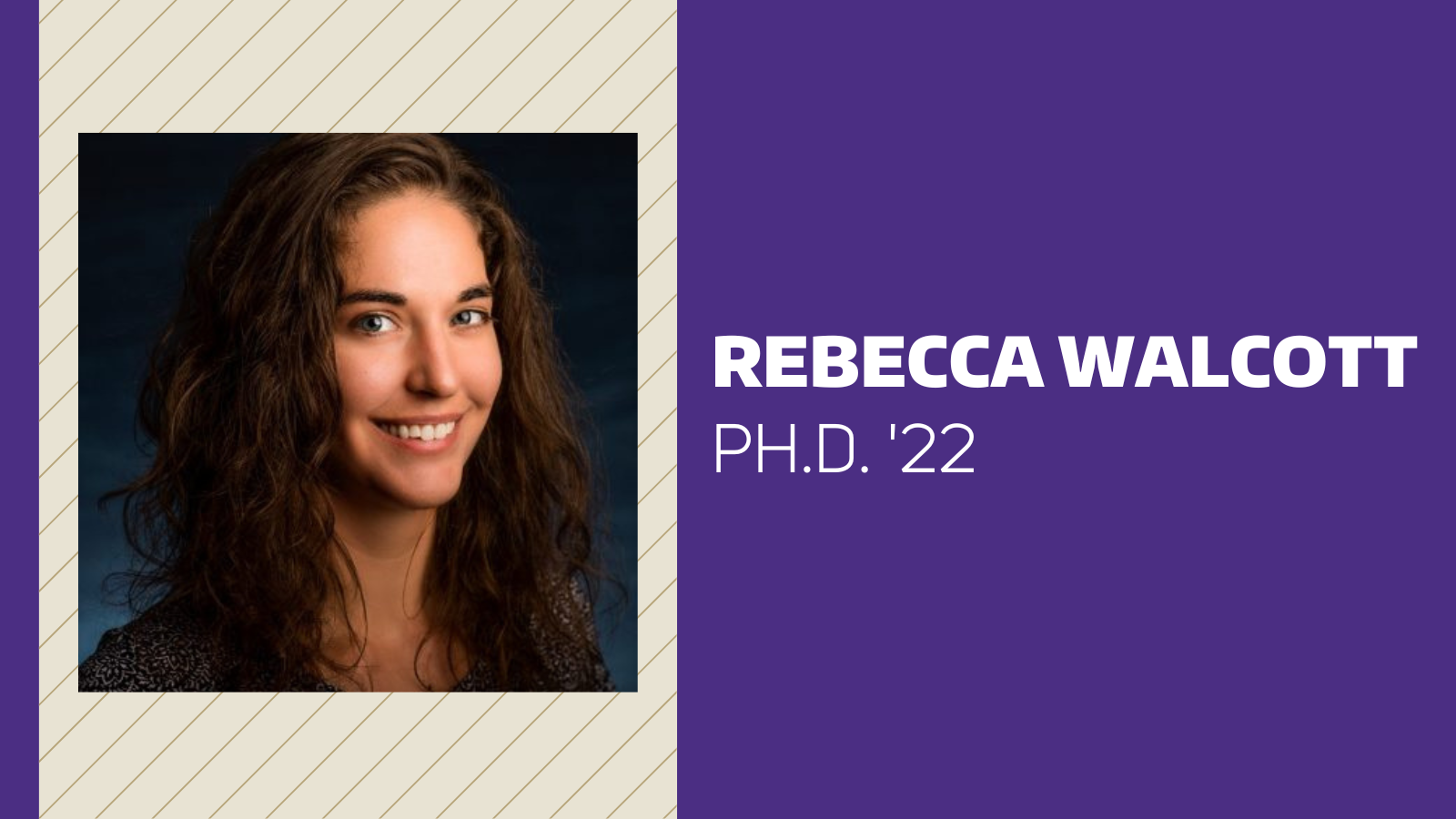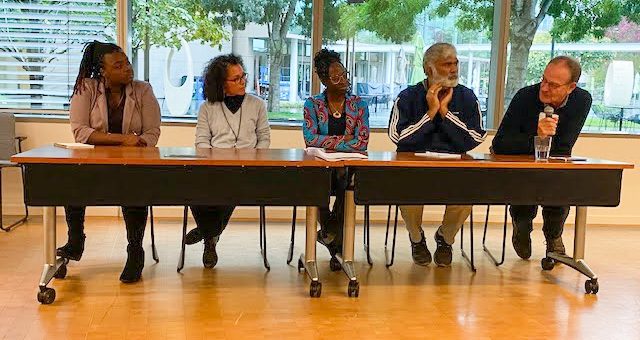
We are excited to announce the launch of the Center on Risk and Inclusion in Food Systems (CRIFS) a partnership of the University of Washington’s Evans School of Public Policy & Governance, The Bill & Melinda Gates Foundation (BMGF), and the Evans School Policy Analysis & Research Group (EPAR).
CRIFS’ mission is to generate policy and action-focused research for improving the lives and livelihoods of small-scale agricultural producers (SSPs), inclusive of women, in low- and middle-income countries, through increased contributions of social, climate, and other scientists to advancing cost-effective strategies for managing risks and volatility as food systems transform.
The CRIFS launch kicked off on the UW campus with a technical workshop on measuring resilience in collaboration with UC Davis Professor Michael Carter and his USAID Feed the Future Lab on October 16. A day of small working group meetings was followed by a learning event co-hosted by CRIFS and BMGF, focused on topics central to investing in food systems facing heightened climate and associated risks in South Asia and sub-Saharan Africa. The event brought together a blend of donors, practitioners, and researchers to provide a common grounding in key concepts and definitions, current and projected climate risks faced by food systems actors, and the state of applied research.
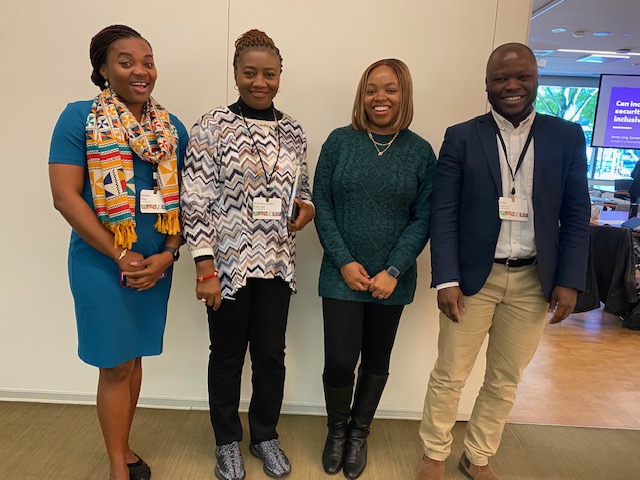
Learning Event Sessions
The six sessions of the learning event covered the broad themes of risk measurement, sub-national heterogeneity, statistical vs. perceived risk, and decision-making under uncertainty, with a strong emphasis on perspectives and methods that embed gender and nutrition dimensions.
- Session 1: Risk Fundamentals 1 – Biophysical food system risks and SSPs
- Chris Funk (UCSB), Mario Herrero (Cornell), Tess Russo (BMGF), and Heidi Webber (ZALF)
- Session 2: Bringing Risk, Nutrition, and Gender into South Asian Climate Platforms and Policies
- Pramod Aggarwal (Borlaug Institute for South Asia), Prabhu Pingali (Cornell), and Shelly Sundberg (BMGF)
- Session 3: Risk Fundamentals 2 – Decision-making and Behavior Change: Risk Perceptions, Poverty, and Risk Communication
- Ann Bostrom (UW), Alison Cullen (UW), and Crystal Hall (UW)
- Session 4: SSP Commercialization and Income Diversification under Risk: Institutions, Infrastructure and the Enabling Environment
- Stanley Wood (BMGF), Ana Paula de la O Campos (FAO), Ken Giller (Wageningen), Avinash Kishore (IFPRI), June Lukuyu (UW), Saweda Liverpool-Tasie (MSU), and Shelly Sundberg (BMGF)
- Session 5: Advancing Measurement of Post-Shock Resilience
- Peter Agamile (UW), Michael Carter (UC Davis), and Jenny Frankel-Reed (BMGF)
- Session 6: Can Increased Food Security Strengthen Inclusive Institutions?
- Didier Alia (UW), James Long (UW), Sameer Shah (UW)
CRIFS to Address Key Elements of Decision-Making
There has been a steady supply of innovative agricultural technologies over the last few decades, but the rate of sustained uptake remains stubbornly low. This is due, in part, to technical knowledge about potential adaption strategies outpacing our understanding of SSP decision-making facing risks. Addressing this disconnect is urgent as climate change increases many SSPs’ exposure to flooding, drought, and extreme temperatures, which compromises rural household production and leads some families to cope by dipping into savings, selling livestock, or reducing food intake.
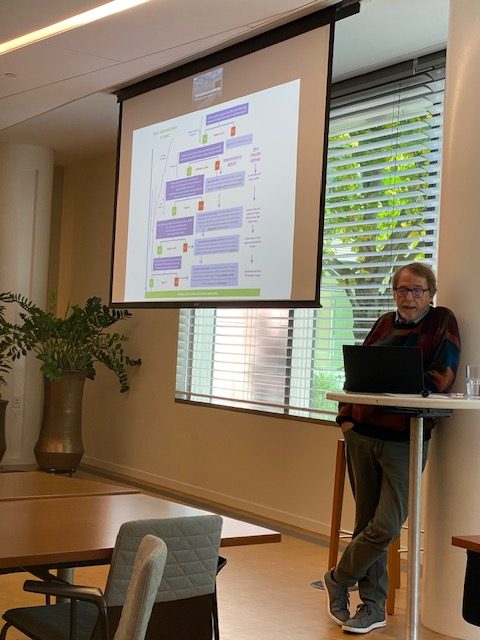
Which is why CRIFS is interest in the bio-physical and political economy of food systems that matter as SSPs make daily decisions on risk/return trade-offs that affect their enterprise and livelihood trajectory. CRIFS is concerned not only with decisions made for managing extreme events, or climate shocks, but with the ongoing communication and choices that may either expose SSPs to excessive risk, or limit their investment potential and, in aggregate, hinder inclusive agricultural transformation.


